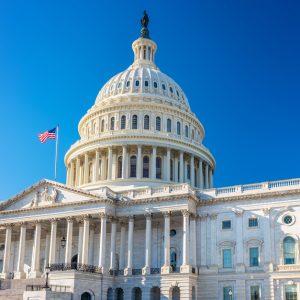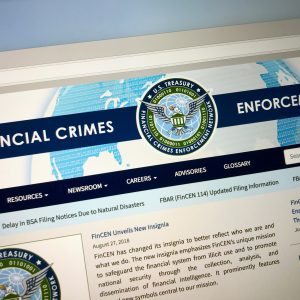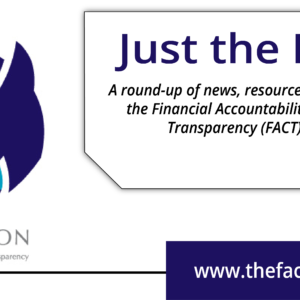
FACT Welcomes U.S. Congressional Anti-Kleptocracy Caucus Committed to Financial Transparency and Rule of Law
The U.S. Congress announced today the formation of the new, bipartisan Caucus Against Foreign Corruption and Kleptocracy. The caucus – chaired by Reps. Tom Malinowski (D-NJ) and John Curtis (R-UT) and vice-chaired by Reps. Bill Keating (D-MA) and Brian Fitzpatrick (R-PA) – will be a forum to educate and mobilize Members of Congress on cross-cutting domestic and foreign policy reforms to tackle corruption.




